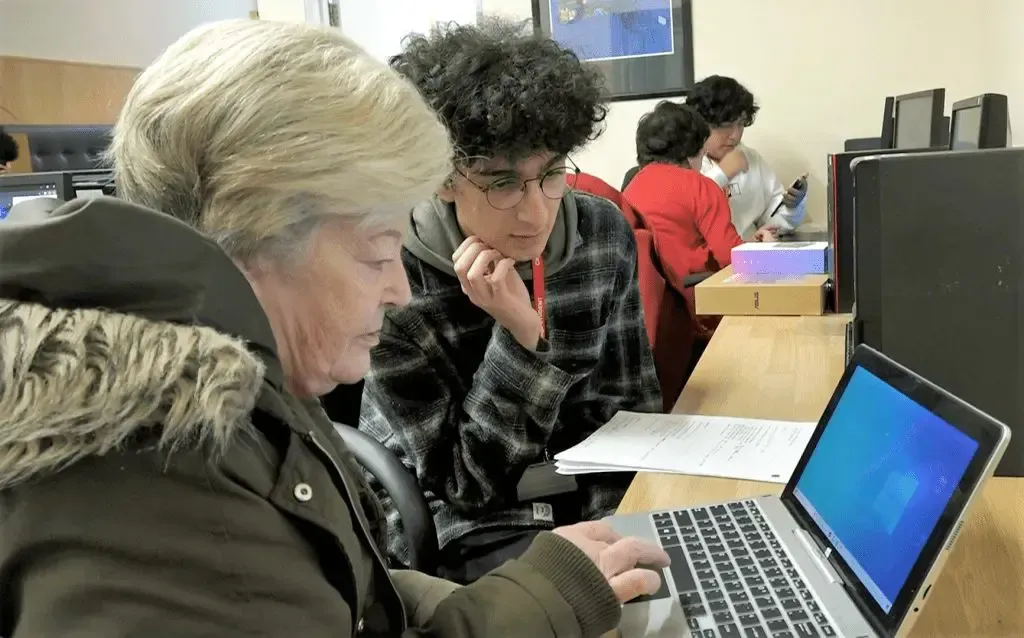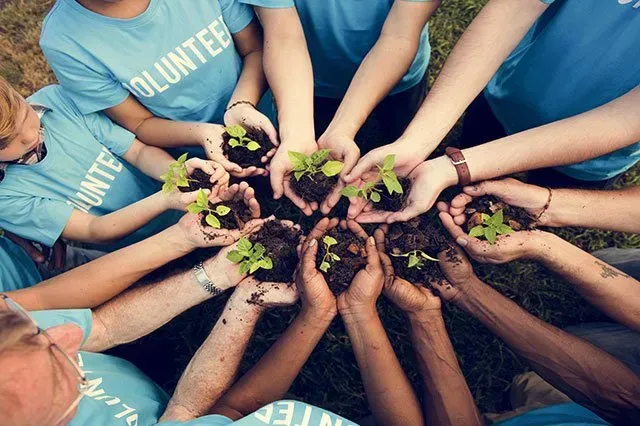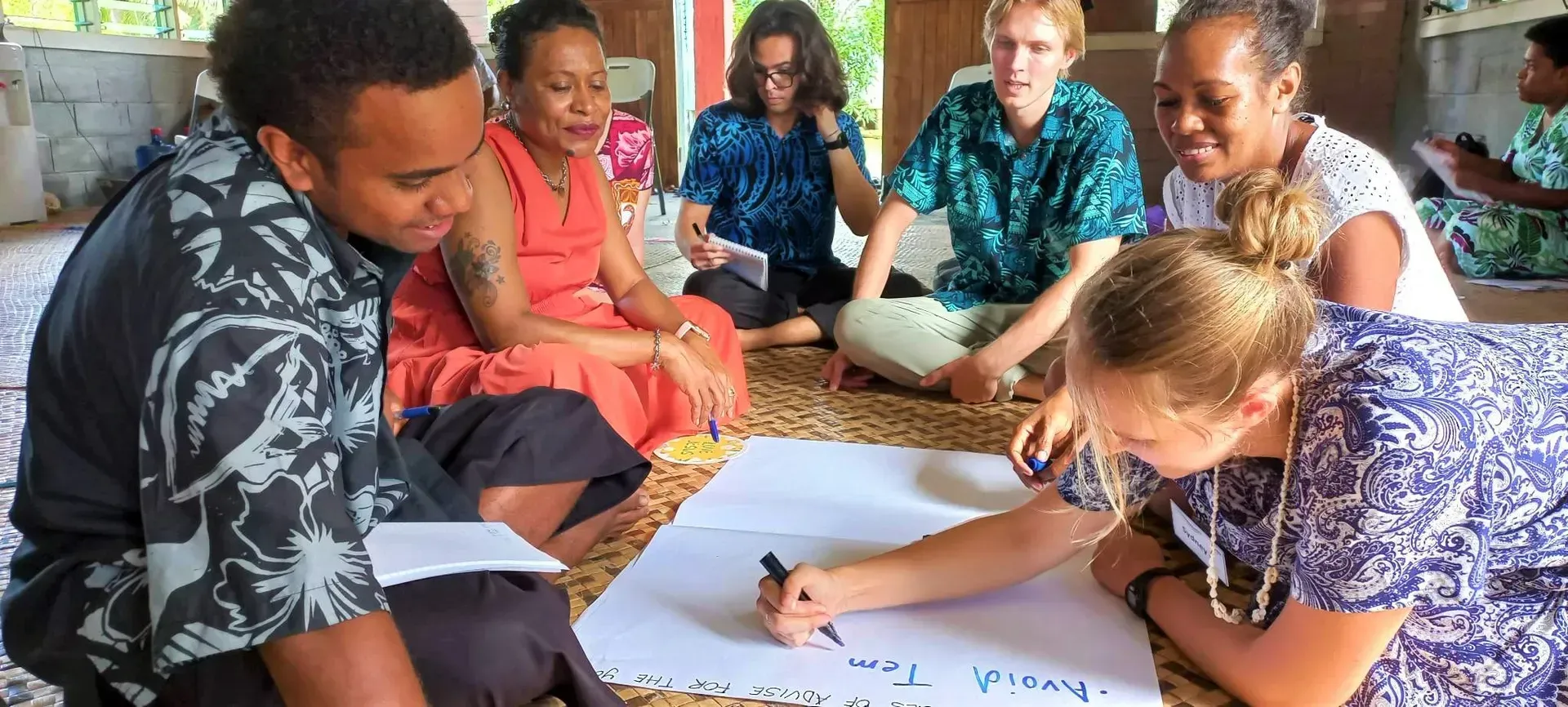What Are the Most In-Demand Skills for Volunteers in 2024?
Volunteering has always been a cornerstone of community growth and support, but in 2024, the dynamics of giving back are evolving. With the rise of digital transformation, environmental awareness, and global collaboration, the need for skilled volunteers has never been greater. Organizations are not only looking for willing hands but also for individuals equipped with specific abilities to tackle complex challenges.
Why Skills Matter in Volunteering

In a world of ever-growing challenges, the skills volunteers bring to the table can significantly amplify their impact. Whether you're organizing disaster relief, managing a nonprofit’s social media, or leading a team in a community project, having the right skills makes a difference.
A report by the Nonprofit Tech for Good organization highlights that 78% of nonprofits believe skilled volunteers improve their overall effectiveness. Volunteers who possess specialized abilities can fill critical gaps, helping organizations achieve more in less time.
Moreover, the benefits of acquiring and applying these skills extend beyond the immediate project. Volunteers often experience personal growth, enhanced employability, and enriched social connections—proving that giving back is a two-way street.
Top In-Demand Skills for Volunteers in 2024
1. Communication Skills

Effective communication remains at the heart of successful volunteer work. Whether it’s advocating for a cause, coordinating with team members, or engaging with the community, clear and empathetic communication is vital.
For instance, a volunteer working with refugees needs active listening and cultural sensitivity to build trust and foster understanding. Similarly, in advocacy roles, the ability to craft compelling messages can inspire action and drive change.
2. Project Management Skills

Nonprofits and community projects often operate under tight budgets and deadlines. Volunteers who can organize resources, manage timelines, and lead teams are invaluable.
Imagine a volunteer coordinating a local food drive. From scheduling pickups to allocating tasks, their project management skills ensure everything runs smoothly. Tools like Trello or Asana can help aspiring volunteers master the art of coordination.
3. Tech-Savviness

With digital tools becoming central to operations, tech-savvy volunteers are in high demand. Whether it’s managing a nonprofit’s website, analyzing data, or running social media campaigns, technical expertise can significantly boost organizational reach and efficiency.
For example, a volunteer with skills in graphic design can create engaging promotional materials, while those familiar with data analysis can help track project outcomes and optimize strategies.
4. Leadership and Teamwork

Volunteering often involves collaboration—whether it’s leading a team or contributing as a supportive member. Leadership skills ensure that projects remain focused and motivated, while teamwork fosters harmony and shared success.
Consider a large-scale environmental cleanup initiative. Volunteers with strong leadership abilities can delegate tasks effectively, while team players create a cooperative atmosphere, ensuring collective achievement.
5. Problem-Solving and Adaptability

Unpredictable situations are common in volunteering. From logistical hurdles to sudden changes in plans, volunteers need to think on their feet and adapt to challenges.
For instance, during disaster relief efforts, volunteers may face resource shortages or communication barriers. Quick thinking and flexibility can help mitigate these issues, ensuring continued support for those in need.
Volunteer Trends in 2024

Digital Transformation in Volunteering
As more nonprofits embrace technology, virtual volunteering is on the rise. From mentoring students online to providing remote administrative support, digital skills are becoming essential.
Environmental and Climate-Focused Volunteering
With increasing awareness of climate change, skills in environmental science, sustainable practices, and community education are highly sought after. Volunteers can contribute to projects ranging from reforestation efforts to renewable energy advocacy.
Cultural Competency and Inclusivity
In our interconnected world, understanding and respecting diverse cultures is crucial. Volunteers with language skills or experience in cross-cultural communication are uniquely positioned to bridge gaps and foster global collaboration.
How to Build and Showcase Your Volunteer Skills
1. Invest in Learning Opportunities

Enroll in online courses or workshops to develop key skills. Platforms like Coursera, Udemy, and LinkedIn Learning offer tailored programs in areas such as project management, communication, and digital marketing.
2. Start Small and Grow

Volunteer for smaller roles to gain experience. Local community projects or short-term initiatives can serve as stepping stones, helping you build confidence and competence. Discover Local Volunteer Opportunities to find projects that align with your interests and availability.
3. Create a Skills Portfolio

Document your volunteer contributions and highlight the skills you’ve applied or developed. A well-curated portfolio can demonstrate your capabilities to prospective organizations.
Benefits of Volunteering with In-Demand Skills

1. Personal Growth
Volunteering helps you develop resilience, empathy, and confidence—qualities that enrich your personal life.
2. Professional Advancement
Employers value candidates with hands-on experience. Volunteering allows you to showcase leadership, problem-solving, and technical abilities that stand out in job applications.
3. Expanded Networks
Connecting with like-minded individuals opens doors to mentorship, collaboration, and even career opportunities.
FAQ About Volunteer Skills in 2024
Q: What are soft vs. hard skills for volunteering?
A: Soft skills include traits like communication, adaptability, and teamwork, while hard skills refer to technical abilities such as data analysis or graphic design.
Q: Can I volunteer without prior experience?
A: Absolutely! Many organizations offer training programs to help volunteers get started.
Q: How do I find opportunities to match my skills?
A: Research local nonprofits, browse online platforms like VolunteerMatch, or reach out to organizations in your area of interest.
Conclusion
As volunteering continues to evolve in 2024, the importance of bringing in-demand skills to the table cannot be overstated. Whether you're an experienced volunteer or a newcomer, investing in skill development can amplify your impact and open new doors of opportunity. Start today—your community, and your personal growth, will thank you.










